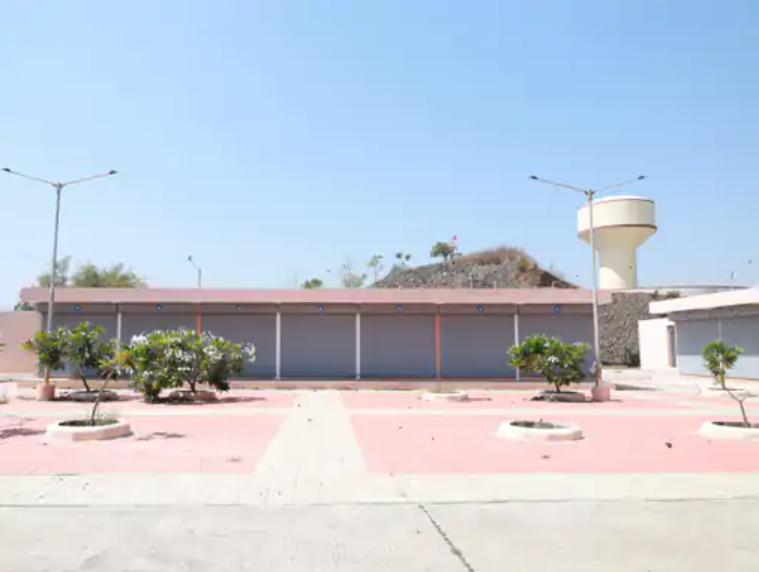Villagers affected by Sardar Sarovar Yojana to get 230 shops at Ektanagar
March 11, 2024
Kevadia: Ektanagar is home to the world’s tallest statue, the Statue of Unity, with various other world-class tourist centers developed around it. With the ever-rising number of tourists, about 230 shops have been established here offering a glimpse of the local culture, traditional items, and tribal food. In addition to this, these shops will create self-employment opportunities for the locals.
The Sardar Sarovar Yojana acquired land in Ektanagar (Kevadia), Wagdia, Navagam, Limdi, and Gora (five villages), significantly affecting the lands of local tribal owners. An official from Sardar Sarovar Narmada Nigam Ltd mentioned that the organization has declared a comprehensive policy in the broader interest of the affected people in the local five villages.
A comprehensive policy has been implemented for the allotment of the aforementioned shops to the original affected occupants or their heirs of the said villages. This policy, including shop allotment qualifications, the shop allotment process, and conditions, has been developed under the guidance of Sardar Sarovar Narmada Corporation Administrative Manager Mukesh Puri and Joint Administrative Manager Udit Agarwal. A committee of high officials has been constituted for the allotment of shops.
Key points of the comprehensive shop allocation policy:
1. The petitioner should be a native of the five villages: Ektanagar (Kevadia), Wagdia, Navagam, Limdi, and Gora.
2. Original affected holders with survey numbers in multiple villages or jointly inherited survey numbers for all affected holders can be allotted a shop.
3. Shop allotment is possible for co-tenants if there is more than one in the revenue record of the original affected tenants.
4. The petitioner or their ancestors must have received State Government packages and currently own a house or farm on Sardar Sarovar Narmada Nigam Ltd. land.
5. The shop will be leased for twenty (20) years, with a monthly rent of Rs. 500 and a one-year deposit.
6. In case of more applications than available shops, beneficiaries will be selected through a draw by the Shop Allotment Committee.
7. The lessee is responsible for utility bills, taxes, repairs, and maintenance of the shop.
8. The Shop Allotment Committee has the authority to change the shop rent.
9. No objectionable or harmful business activities are allowed in the leased shop without the prior approval of the Shop Allotment Committee.
10. The shop lessee must follow policy rules decided by the committee and use only the allotted space.
This policy aims to contribute to the social and economic development of the affected area by providing employment opportunities and fostering a thriving market for tourists. DeshGujarat
Recent Stories
- 46 talukas received rainfall across Gujarat today; Kamrej tops the chart
- Amit Shah's Gujarat Visit: Scholarship to over 10 lakh, BJP office groundbreaking among key events
- Raju Solanki's wife, aide arrested under GujCTOC in Junagadh
- Gorakh sect saints object use of term 'Gorakh Dhandha'; will start post card campaign
- Gujarat govt announces upto Rs. 7,000 Diwali bonus to over 17,000 class-4 employees
- SRFDCL increases entry fee for Sabarmati Riverfront Parks & Gardens
- Godavari Biorefineries Ltd IPO to open on October 23
